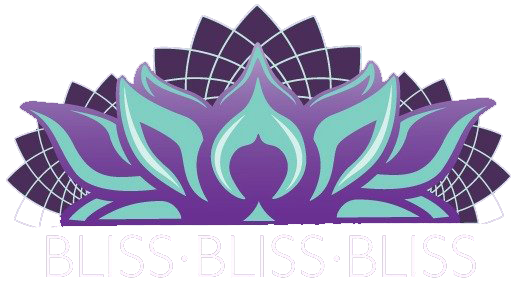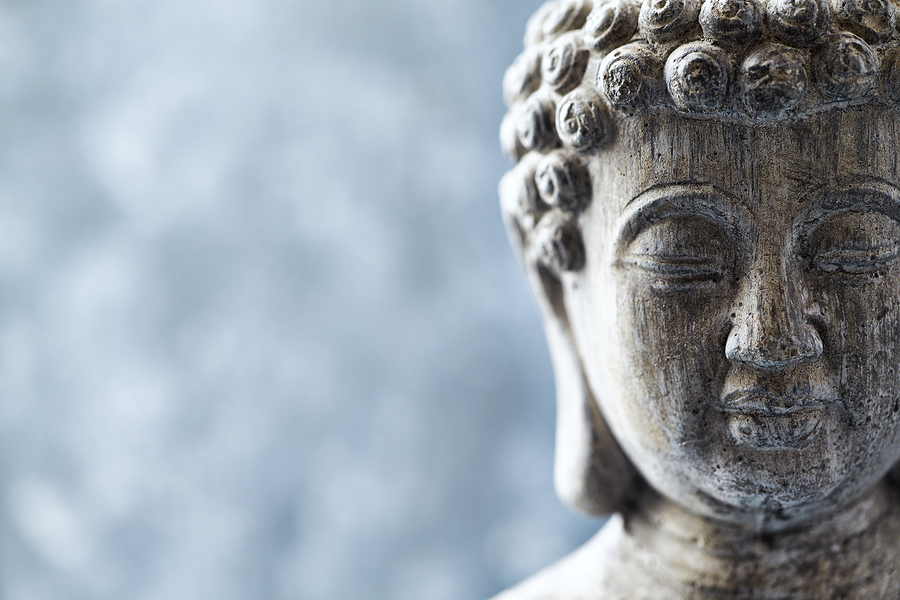By Elizabeth Halliday-Reynolds
TMJ is not fun! You will immediately recognize some of these symptoms if you suffer from TMJ:
- Pain and achiness around the jaw, neck, face, ears and shoulders
- Problems chewing normally and pain when eating
- Clicking or popping sounds in the jaw when chewing
- Headaches
- Trouble sleeping normally
- Dizziness
- Ringing in the ears
- Joint pain
- Muscle spasms and swelling around the jaw and face
The Mayo clinic has this to say, “The temporomandibular (tem-puh-roe-man-DIB-u-lur) joint (TMJ) acts like a sliding hinge, connecting your jawbone to your skull. You have one joint on each side of your jaw. TMJ disorders — a type of temporomandibular disorder or TMD — can cause pain in your jaw joint and in the muscles that control jaw movement. The exact cause of a person’s TMJ disorder is often difficult to determine. Your pain may be due to a combination of factors, such as genetics, arthritis or jaw injury. Some people who have jaw pain also tend to clench or grind their teeth (bruxism), although many people habitually clench or grind their teeth and never develop TMJ disorders.
In most cases, the pain and discomfort associated with TMJ disorders is temporary and can be relieved with self-managed care …”
Ah Managed self care! Enter Massage with specific techniques to release the tightness and stress in the head, neck and especially the jaw. Inter oral stripping along the jaw on the inside of the mouth is available during this session (yes we wear gloves)if you are in agreement. Best of all, we will teach you some at home relief techniques.

